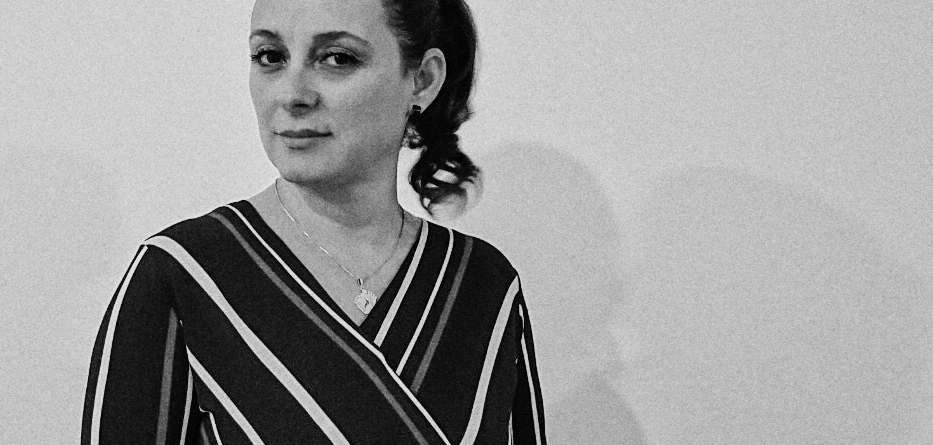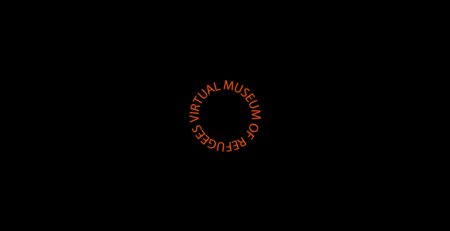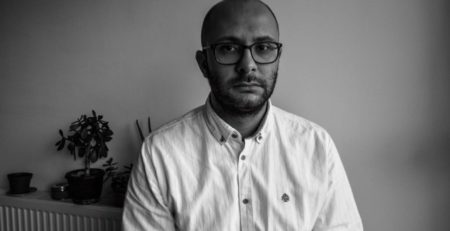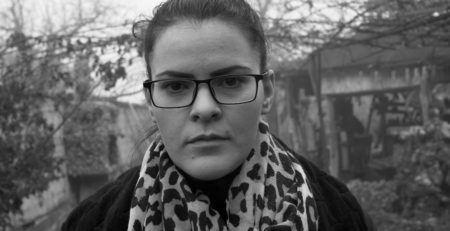Valbona Bylykbashi
Bjeshka Guri (interviewer)
Valbona Bylykbashi (interviewee)
Acronyms: BG=Bjeshka Guri, VB= Valbona Bylykbashi
BG: Can you tell me something about yourself briefly?
VB: Yes. My name is Valbona Bylykbashi. I live in Prishtina. I work as a manager at a kindergarten here in Prishtina.
BG: Can you talk a bit about the war? What do you remember of it when it started?
VB: About the war? Of course. The war affected many people. I have a story of my own about the war too. Firstly, I will begin to explain how we left our home, like many others. We were thrown out of our house in Prishtina. We went to the train station where it is located now.
BG: Was the displacement violent?
VB: Of course that it was violent. The police came and tore down our door. We left the house without knowing what was happening or where we were heading to. All the people, the whole neighborhood left their homes. At the train station, nobody knew what was happening. We passed the night there and then started to leave. We took the train and went to Bllaca. We stayed two weeks in Bllaca. We stood in an open place where people established canopies. We stayed there for two weeks, then we organized and went to wait at the border-crossing to Macedonia. We did not know where we were heading. Some went to Struga and some to Norway by bus, I do not specifically know where people headed to. We were fortunate to go to Albania, in Erseka, at the border with Greece. It is a small place. We stayed there for three months in a dormitory. There were people of different ages, of different kinds, who had been affected by the war too. While staying there, my husband Valdet joined the army.
BG: So, the whole family left the house?
VB: Yes, all of us left. But not my mother-in-law, she stayed here because she did not have the chance to leave and was turned back by the police.
BG: Why did they return her back?
VB: The reason for returning her was because she was with her sister. Her sister could not walk and they turned them back because she was using a crutch. She stayed in Prishtina.
BG: The police returned them back?
VB: Yes. Then, after 10 days of our stay in Erseka, my husband went to Korça and volunteered as a soldier in KLA. He went in Burrel. They had trainings for 1 week-10days, and then he went to Koshare, and then to Prishtina. I did not know, I was in Burrel… in Erseka, pardon. And at the same time I was pregnant with my first child… now I have two children, I was pregnant with Arber at that time. And then…
BG: And how was the experience for you as a pregnant woman?
VB: It was very difficult. While I was with Valdet, things were different. In the moment that he left, it turned very difficult for me. There were people that I did not know, but we familiarized with. We stayed together. We used to eat in a big hall, all of us together. I did not know anything about my family, about my parents and my three brothers. They were in Stankovec. Before going to Stankovec, they went to a village in Prishtina called Marec, where they stayed about one month. After a month, the police chased them out. During the way, they stopped half of the people. They stopped whomever they wanted, the police, because they were paramilitary forces. They took them from the queue, like: “you come, you stay… you come, you stay…”. Unfortunately, my father was one of those that was stopped. They separated him from the queue, from my mother and brothers, and they decimated them… they sent them into a house, and then after a day or so, I do not know it precisely because I did not want to know the details. Because I still think that he is somewhere out there. I did not know, I was there and I figured it out through… at the moment that the first bus departed from Erseka to Kosovo, I was the first to ask for return. And it was organized so that I left at the last moment. I did not know about Valdet’s whereabouts, neither about my family. And I said that I wanted to return.
BG: And that during the war?
VB: Yes. No, after NATO and KLA army entered I decided to return. I returned with the first bus that entered from Erseka to Prishtina. At the moment I arrived in Prishtina, in Veternik…
BG: Do you have any visual memories of that period after the war?
VB: Yes, that’s what I was about to talk. In the moment we arrived in Veternik, you could feel some kind of incompleteness, even though I did not know about my father or about Valdet coming to Kosovo. At the moment when we arrived at the area known as “At the poplars”, we left the bus… there were no people, everything was deserted. Then I went home. Valdet’s 6-year-old sister was with me too. I went home, all streets were empty. Only we who came with the bus were there. When I went home I saw that Valdet had come. I did not know about that. In fact, to mention another thing… While in Erseka, I used to contact through phone with my mother-in-law. Every third day we used to contact by phone. We used to go at the post office and call them on fix phones. And as we talked, she asked: “pass the phone to Valdet, where is he?”. I had to tell her that he is working so that he can provide food for us, because we did not have food at that time. For three months I had been hiding this fact from her, approximately three months. And he had arrived in Prishtina. At the moment that I… she did not know that Valdet joined the KLA… I called her that day as I usually would do. That was our day of phone call and I called her. At the moment she opened the phone, she told me: “Why didn’t you tell me that Valdet joined the army. And I replied: “ Who told you that? That’s not true. Valdet is at work here”. Then she says: “No that’s not true. Let me pass the phone to him because he came yester night here”. It was then when I realized that he had arrived here earlier than us. About the other part…the moment that I arrived, the first thing I asked for… even though I was exhausted, and pregnant in the fourth month… I asked to go and find my dad, where and what happened. And I asked Valdet if he knows where they are, have you spoken to them, do you know where they are, and how is their condition. And he told me that my brothers and my mother were alright but my father was missing, because the army had taken some of the men no one knows what they had done to them. And thus, I insist that he sends me at the place where the army took him, so that I could investigate more. I tried to get more information from him but I couldn’t, so I asked him to send me there so that I could ask someone and find out what happened. At the moment that he realized that I would not get convinced with his words, he told me: “we will go there tomorrow”, “we will see if anything can be discovered through hearing news on TV”, “you won’t be able to find anything because even I couldn’t do that”. And he saw that he did not have any other choice. I was determined to go and see myself. Then, he told me: “You have to be strong and courageous because we have already buried your dad yesterday night”. That really was a really difficult thing for me because I was very attached to my father. Then, I went to my mother. We organized the bereavement days as we usually do. And that is all. Then, all his body parts: how they found him, how they took him from… so a part of his body was all skeleton, or call it as you wish. The other part… I did not see it, I only saw the video they did. It is very difficult… can you believe that even today… those black plastic trash bags that we throw… I would not want to see such a bag, not for even a single time in my life. A man like him… seeing him getting buried in that way, it is a very difficult thing. So, he was buried in that way that he was taken and put on that black bag and buried him. He was among the first to be found. He was the first to be found among those killed in Makofc, and he was buried in Dragodan. It is very difficult. I know that there are a lot of other cases and many were affected by the war, but each one has his own pain, his own experience, a thing that you can never forget. This is all that I had to say. There are many other things but it takes a lot of time if we start to mention them all.
BG: How did war affect your current daily life?
VB: To tell you the truth, I personally experienced it very badly because I was 20 at that time. And it was difficult because of the fact that I did not know about anything about my family, my husband, I just had got married, 7-8 months of marriage, and I felt lost in that foreign country… Until that time, we did not even have the chance to go to Albania… it was alien to us, even though we familiarized, we stayed with a family there. Everything was alright, how we stayed in Bllaca for a months, it was okay… but that felling of absence, of being deprived of your relatives never disappears. You can never forget that. You always will remember them because there are holidays and other things that make you remember them. Even though you do not want to remember them, there are days that you cannot help but do that. The thing that mostly helped me to recover was the birth of my son, when I gave birth to Arber. He was the best thing that ever happened to me, and that drew my attention away from the things I had experienced.




